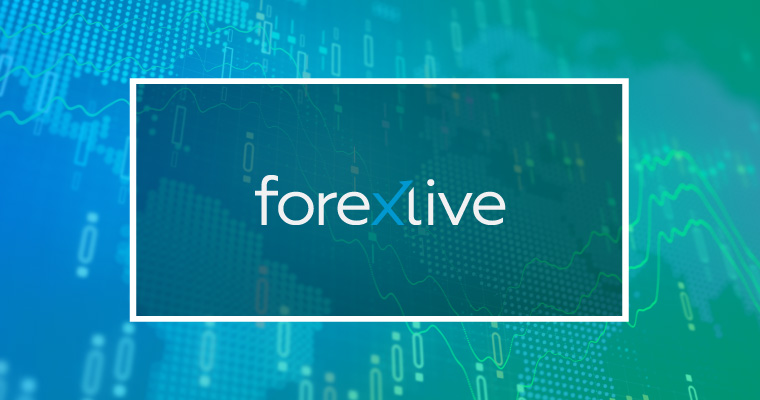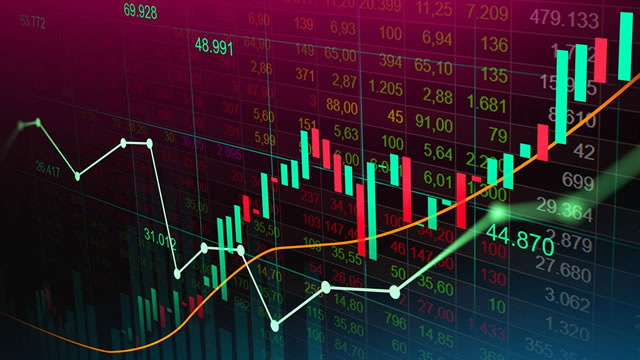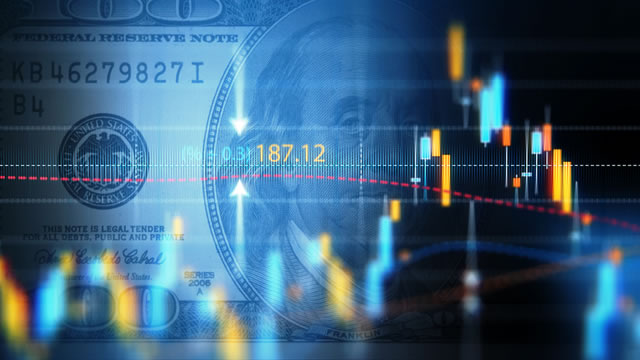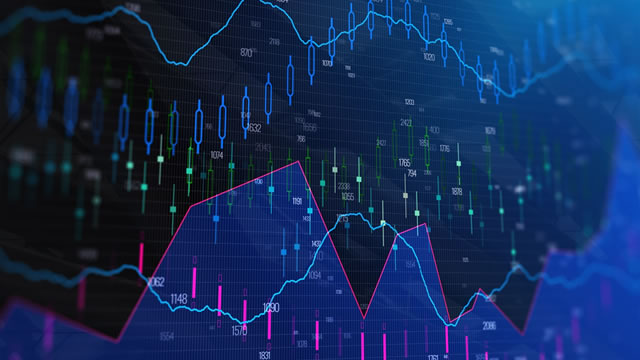UBS Delays Rate Cut
The Fed’s Influence
UBS is the latest financial institution to fall in line with the Federal Reserve’s decision to push back the first interest rate cut to May instead of March. This move comes as the Fed continues to closely monitor economic indicators and adjust monetary policy accordingly. One key figure to watch in this regard is Chicago Fed President Goolsbee, who is expected to give an interview on Bloomberg TV later today at 10 AM.
Goolsbee’s Outlook
In a recent interview with the Wall Street Journal, Goolsbee expressed some concerns about the latest jobs report and its implications for the economy. He pointed out that while the labor market remains strong, there are questions about whether the US is experiencing a productivity pickup. Goolsbee emphasized the need to look at long-term trends rather than reacting to any one month of data.
“We wouldn’t want to make much of any one month, but the continued strength of the labor market, if that continues, would lessen my worry that the job market side of our mandate is deteriorating,” Goolsbee said.
Impact on Individuals
As UBS and other financial institutions adjust their timelines for potential rate cuts, individuals may see changes in their borrowing and saving opportunities. Depending on the direction of interest rates, this could affect mortgage rates, car loans, and other consumer lending products. Savers may also see shifts in the returns on their deposits and investments.
Global Implications
The decisions made by the Federal Reserve and major financial institutions like UBS can have ripple effects throughout the world. Changes in interest rates in the US can impact global markets, currencies, and trade patterns. Investors and policymakers around the world will be closely watching these developments to assess the potential impact on their own economies.
Conclusion
As UBS delays its rate cut and the Fed continues to assess economic data, individuals and markets alike are bracing for potential shifts in borrowing costs and investment returns. The decisions made by central banks and financial institutions in the coming months will have far-reaching implications for the global economy.





